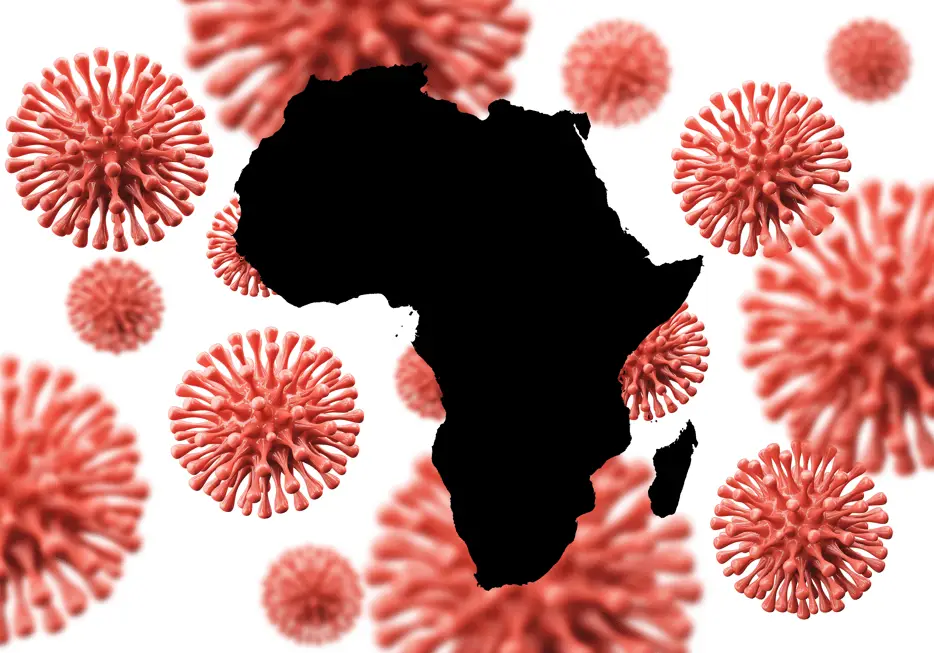The “Landscape of Emerging Infectious Disease Research and Development: Lessons Learned” report, produced by Impact Global Health, is a wake-up call for how we need to rethink our global response to emerging infectious diseases (EIDs). Over the last decade, the world has been reactive, pouring resources into crises like Ebola, Zika, Mpox, and COVID-19 but scaling back once the immediate danger has passed. The report stresses that this pattern of neglect followed by urgency won’t prepare us for the next pandemic. Instead, it calls for a more sustained and forward-thinking approach to pandemic preparedness, particularly as new and unknown threats continue to emerge.
For Africa, this message couldn’t be more relevant. The continent has often been on the frontlines of these outbreaks, and the lessons outlined in this report offer critical guidance. By building a collaborative, sustained, and proactive response, Africa can protect its people and take a leading role in global health security. The stakes are high, and the report’s findings serve as a roadmap for how Africa can strengthen its role in fighting future pandemics.
The Changing Landscape of Disease Research: Insights from the Report
In the past decade, the world has faced epidemic after epidemic—Ebola, Zika, Mpox, and, most recently, COVID-19. According to the report, funding and attention surged during each of these crises but often faded as soon as the outbreak was contained. This reactive cycle leaves us vulnerable to the next big threat.
So, are we better prepared now? The report shows that while progress has been made, there’s still a long way to go. It emphasizes that waiting for the next epidemic before ramping up efforts is a risky strategy. Instead, we need continuous investment in research and preparedness, even when no crisis is at hand.
What the Report Tells Us About COVID-19’s Impact on Research
The report highlights how the COVID-19 pandemic reshaped the landscape of EID research. Did you know that over 75% of the global EID R&D budget in 2022 went to COVID-19 alone? In just under three years, nearly $16 billion was spent on COVID research—more than ten times the amount invested in all other priority pathogens combined.
While this investment was necessary, the report raises an important concern: is this focus on COVID leaving other potential threats underfunded? Diseases like Ebola, Zika, and new, unknown pathogens still pose significant risks. The report urges us to remember that future pandemics could be just around the corner, and they may not look like COVID.
Lessons from Past Epidemics: What the Report Reveals
The report gives a detailed look at how we handled past outbreaks:
The clear takeaway from the report? We can’t afford to lose momentum when an outbreak subsides. Consistent investment is crucial to staying ahead.
What Needs to Change: Key Recommendations from the Report
The report offers several actionable recommendations to help the world—and Africa—prepare for future outbreaks:
Practical Steps for Africa: Applying the Report’s Lessons
Africa has both a challenge and an opportunity in leading the fight against EIDs, and the report highlights practical steps that can help:
Addressing Common Concerns: Insights from the Report
The scale of the problem can seem overwhelming, but the report offers reassurance: progress doesn’t have to be all at once. Even small steps—like building local research infrastructure or strengthening international partnerships—can make a big difference.
You don’t have to tackle everything right away. Focus on one improvement at a time.
A Call to Stay Vigilant: Final Thoughts from the Report
While the report highlights the strides made in EID research, it also serves as a reminder that the fight isn’t over. We must stay vigilant, preparing for the next outbreak and learning from past mistakes.
With the right approach, as outlined in the report, Africa can play a pivotal role in protecting global health. Now is the time to act—will you be part of the solution?



